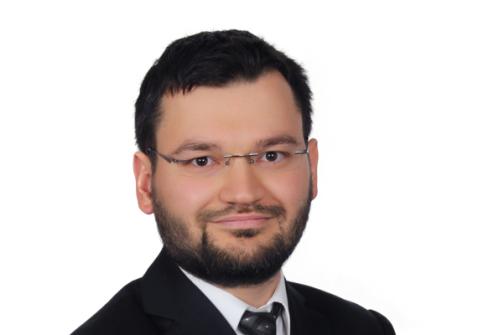Qualitative Analysis of Polarization in Turkey via Social Media

Abstract: Semantics of words might change among people, and the way we speak reflects our political view, personality, and even lifestyle choices. Motivated by this idea, we explored how people from different political groups in Turkey talk about the same entities and topics, and conducted a qualitative analysis of polarization. In particular, we collected 108M tweets related to 2018 Turkish presidential elections, and labeled 652.7K Twitter users as anti- and pro-Erdogan using a semi-automatic labeling method. Next, we generated separate word embedding models for each group and used them to compare semantics of certain political issues and lifestyle choices in both groups. Our analysis shows (1) strong polarization towards political leaders and certain political issues, such as refugees; (2) correlation between polarization and specific lifestyle issues; (3) no polarization on topics pertaining to security and democracy. While our approach use Turkish tweets, it is also applicable for other languages.
Short Biography:
Mucahid Kutlu is an assistant professor at TOBB ETU in Turkey. He holds a PhD degree from Computer Science and Engineering Department at Ohio State University. Prior to joining TOBB ETU, he has worked as a post-doc researcher at Qatar University between 2015-2018. His research interests include natural language processing, information retrieval, social media analytics, and computational social science.